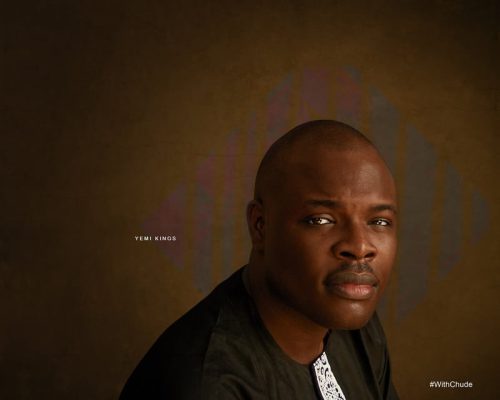Award winning media entrepreneur and host of the viral talk show, #WithChude, Chude Jideonwo has announced that his new book, ‘How Depression Saved My Life,’ has officially broken into the ‘Amazon Top 100 Bestseller Rankings’
On Saturday, 17 January, it officially hit number 73 in the competitive Mental Health category of the global platform, beating global viral sensations including the Korean therapy memoir ‘I Want to Die but I Still Want to Eat Tteokbokki: further conversations with my psychiatrist’.
It also hit 101 in the ‘Self Help’ category.


“Earlier this week, someone pointed out that ‘How Depression Saved My Life’ has been quietly climbing the Amazon Bestseller ranks — across multiple categories,” Jideonwo said in an Instagram post announcing the ranking
“I checked. It was already: Top 300 in Mental Health, Top 200 in Biographies, Top 200 in Self Help. These are amongst the toughest categories to rank high in. And then yesterday it happened! Top 100 in the Mental Health category. And now among the top 25,000 books in the world.
Also Read:
“No ads.
No discounts.
No bulk buying.
No Amazon strategy.
“This book is moving because people are sharing it — one person at a time, heart to heart. Thank you. Truly.”
The book is set to be officially launched this month in Lagos with two events – a global virtual launch and a physical book party with culture icons.It is currently available on book.withchude.com, in bookshops across Nigeria and on Amazon and Kindle worldwide.
Follow The Eagle Online Channel on WhatsApp
[wpadcenter_ad id=’745970′ align=’none’]


















Leave a comment